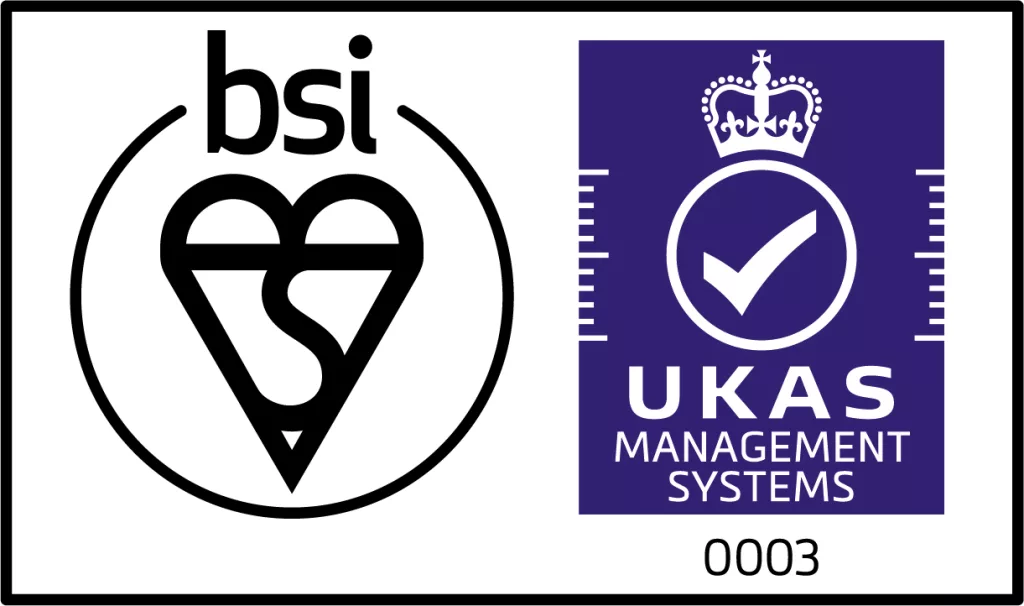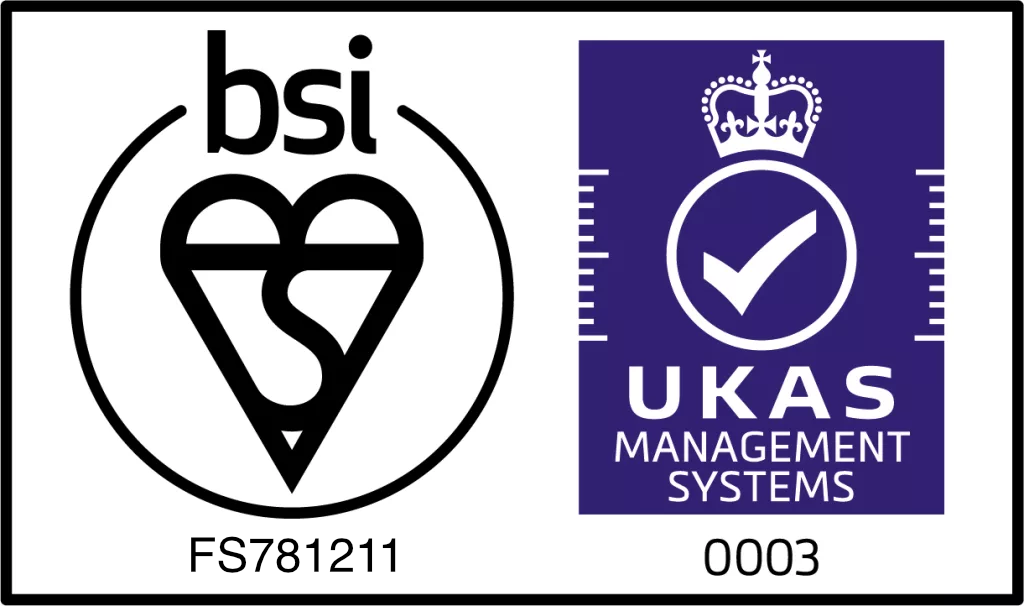
Tendering is an important part of the construction process but it can also be the first hurdle.
A project has to be won before it can be delivered but do you tender a job to win it or to deliver it?
Everyone will have their own take on this I’m sure and often during the tender stage there isn’t sufficient detail to put a detailed plan together for the delivery.
If this is the case then there’s still a way forward. Base your plan on assumptions, each time an assumption is made put these in a register and list the impact/backup for this reasonable assumption. Most importantly make sure its included in the tender as this will be the backup to your plan.
A bid to win scenario can result in cramming the construction period into an impractical timeframe. Some do this in the hope that a client owned delay will extend the project completion allowing the necessary time to complete the project. This is a risky game to play but its played by many and lets face it construction is a high risk industry so many are used to it.
Bid to deliver would look at the reasonable duration needed to build and may result in a non compliant return with a narrative detailing why the construction duration is impractical. This isn’t necessarily game over at this point. You could offer up a number of solutions to bring the timeframe in. This could be an access date, partial takeover of part of the site or increased possessions/closures etc…
A well evidenced and put together bid to deliver should outshine a typical contractor bid to win but sadly won’t always. After all if the contractor signs up to deliver then they have to or face the penalties (if there are any). Okay so the client doesn’t get the finished project when they wanted it and will no doubt go through a painful process in the meantime but the contractor will face most of the financial burden of delivering to an unrealistic timeframe.
Generally speaking it is a desire for the tender programme to be included within the contract and after all why shouldn’t it be? If its aligned with the tender works information and price and the project was awarded on the basis of that programme then its the perfect first accepted programme.
This can be another hurdle faced by contractors as the tender programme isn’t always produced with delivery in mind. Float can be misreported, project resource availability hasn’t been adequately assessed. Logistics plans can be oversimplified as can temporary works arrangements. This all leads to potential programme prolongation further down the line and can be simply a result of a compressed tender period.
A good tender programme needs to consider all of the elements necessary for project delivery. This includes but is not limited to:
- Temporary works
- Access dates including possessions and road closures
- Working room restrictions
- Build constraints
- Logistics – Access routes, laydown areas, plant areas etc…
- Design period if applicable
- Approval periods if applicable
- Statutory notice periods if applicable
- Third party works or access
- Sectional completion or handovers
- Seasonal working
- Environmental constraints such as bird nesting season or noise restrictions
- Availability of materials in the area (can impact import rates on aggregates for example)
There are many more than can be added but this is an example of the list of considerations a programme for delivery needs to be realistic. Now ask yourself how often tender programmes get the same consideration. Some might but I don’t think enough do.
A project must be won before it can be delivered but at what cost?
There’s a pretty basic test to find out if a tender programme can be delivered. Ask a project manager and commercial manager if they would be happy for it to be included in the contract and linked to their bonus.
I’m pretty sure that will give you the answer.
Planetal provides Tendering, Delivery Planning and Forensic Delay Expert Services to the construction industry. For more information on how we can help click one of the links below:
Forensic Delay Expert Services
For any further information or to discuss any programme requirements contact us on:







